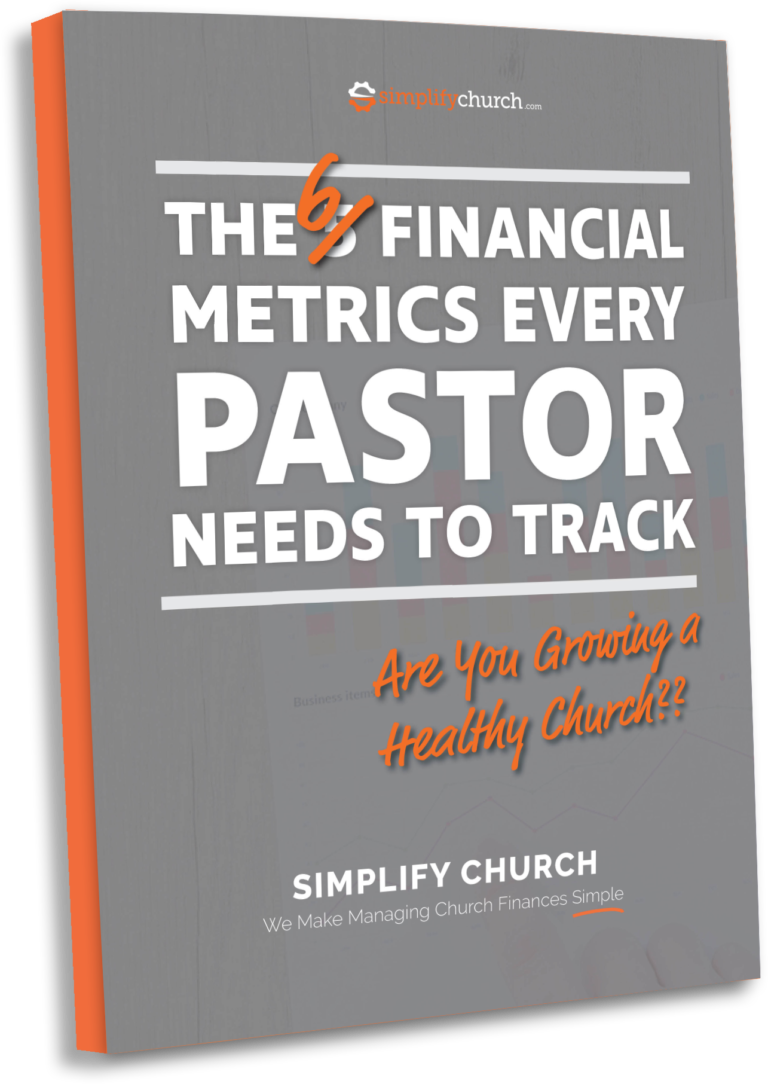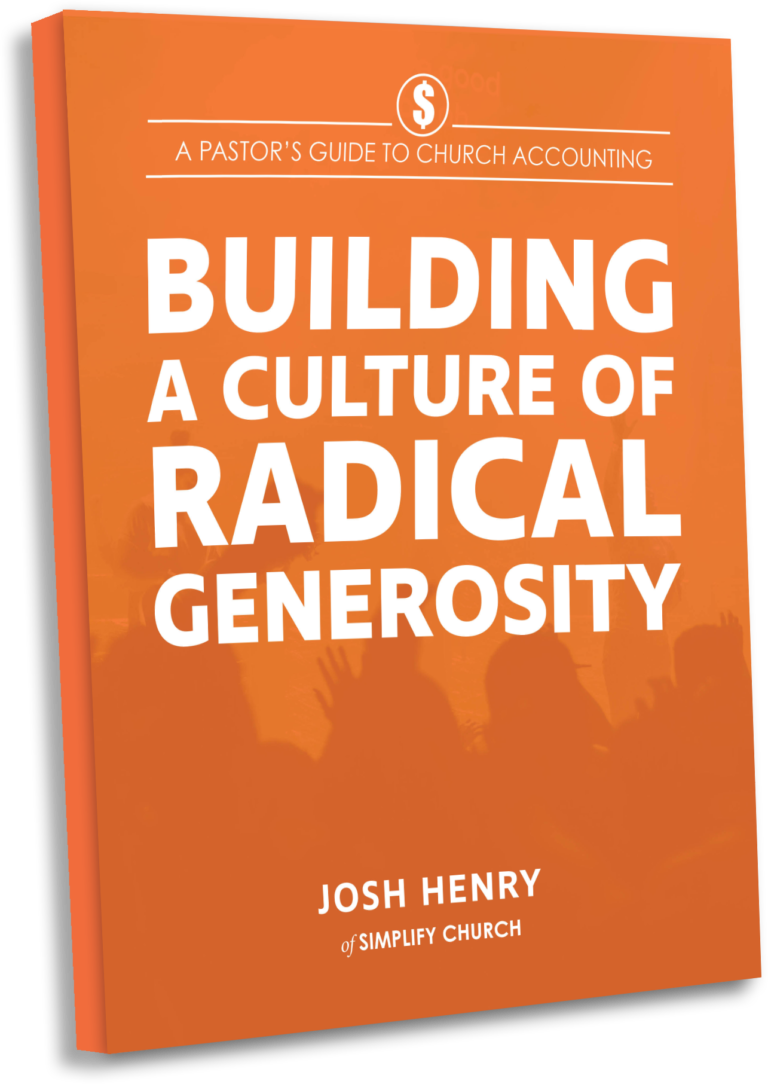Here’s what you need to know about the New Overtime Law for Churches
There is a lot of buzz right now as people are talking (sometimes freaking out!) about the New Overtime Law that goes into affect this December 1, 2016. There is a lot of chatter out there about what this means and how it will affect your organization and we’ll deal specifically with how this affects your church.
The new overtime law was put in place as an effort for the Government to require employers to pay what they consider “fair wage”. I will try my best to avoid political undertones and cynicism but forgive me if some comes through. I’m a skeptic of the value of this idea to say the least.
Under the new law, anyone making less than $47,476 per year regardless of white collar, blue collar, salary or hourly will need to be eligible for overtime pay. (In most cases, hourly employees were already entitled to overtime pay)
The intent of the law is to increase the number of people who qualify for overtime pay. For an illustration, this will greatly impact Restaurant Managers who work long hours and previously were paid a set salary. Overtime was just part of the gig.
The New Overtime Law For Churches
For our purposes here, we’ll assume your church is paying an Ordained Pastor, has a part time Ministry Assistant paid a set salary and an hourly custodian.
For paying your pastor, they will not be affected by the new law. Pastors are Clergy and not covered by the FLSA under the ministerial exemption from Labor Laws. What this means is that they are not subject to minimum wage concerns, nor do they benefit from the FLSA new Overtime Rules. We won’t get into the definition of Clergy according to FLSA or the IRS but in almost every case, the pastor will not be affected.
For NON-CLERGY employees, you must now increase the amount of documentation you are keeping. In that documentation, you will need to keep record that:
– the employee is paid at least your local/state minimum wage
– the employee did not qualify for overtime pay during each and every pay period (basically showing they did not work more than 40 hours/week)
What Happens If Our Church Doesn’t Follow The New Overtime Law?
The repercussions are pretty severe for an employer (your church) that doesn’t comply with the new law.
1. An employee may be entitled to unpaid back wages for “Off the Clock” volunteer work
1. We all know that ministry has to happen and in many cases, the Paid Staff are working when ministry happens. Many times they also volunteer for other ministries not directly related to their position. Unfortunately, since they are an employee and the church is an employer, there will not be a clear distinction between duties on and off the clock. This further provides reasoning for very clear and accurate time records. Also, take the additional step to add into the Employee Agreement or Offer Letter that describes their job and clearly states that any volunteer activities within the church are non-compensated.
2. The Fines can be Expensive!
1. Failure to comply can result in “Liquidated Damages” of two times unpaid wages and overtime assessed.
How Can Your Church Prepare For The New Overtime Law?
1. Make sure you employee documentation is clear, accurate and up to date. This should specify clergy and non-clergy roles as well as job descriptions.
2. Consider offering Comp-Time to your ministry staff.
Of course ministry has to happen, and there are times when people will put in long hours. Consider adding in comp time to the schedule and document those hours so you can be sure you’re avoiding anyone working over 40 hours per week. This may require giving an afternoon off to your secretarial staff to keep their total hours down.
3. Put a time system in place to track your Non-Clergy staff. Even if they are salary this should be done. The analysis may also help in future hiring decisions!
4. Use a professional Payroll System like ours to be sure people are paid accurately and the documentation is in place.




